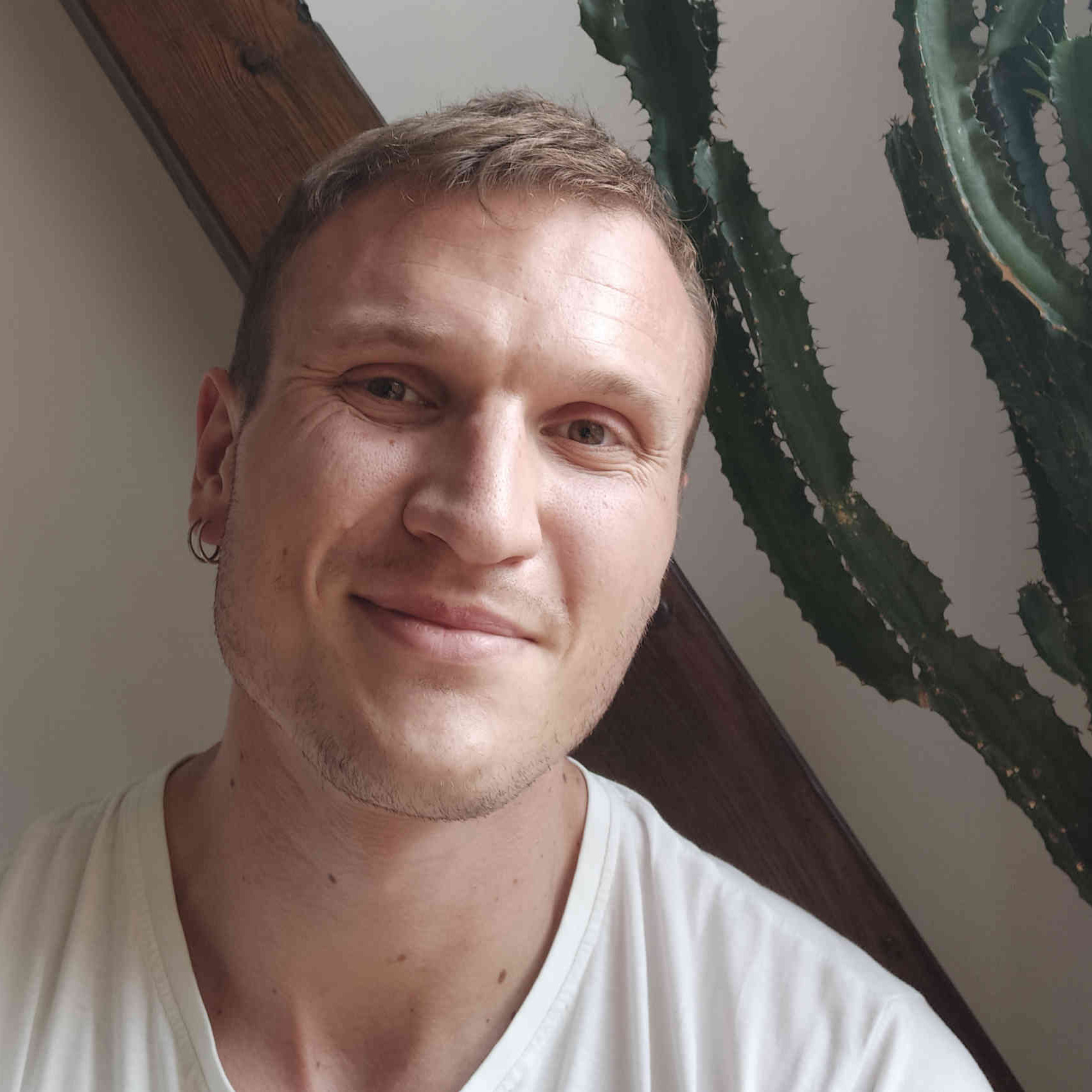The tasting of the three earths left me with somewhat mixed feelings. The brown dirt provided a familiar feeling – memories of being on the beach, the sensation of putting on clothes that are full of sand, of washing myself and the sand from my hair, of dropping a piece of fruit on the ground and not cleaning it properly. I thought of activities in the open, of finding a small brook and drinking from it with cupped hands. It was pleasant and reminded me of the things that over the past year have been so scarce. Of being in the open, being wild and experiencing bodily sensations out in nature.
Green clay and white chalk evoked more complex feelings. Touching them was not very exciting – it was only when they began leaving stains on my fingers and pants that they made me smile a little. Tasting them started out equally unsatisfying. A part of this is certainly that I’m utterly lacking these specific ways of experiencing things and people and just life more generally. In that sense, the dull sensation of, I guess, absence or emptiness, was not surprising.
Following someone elses suggestion, I put the entire piece of chalk in my mouth. The taste, or lack of it, did not change. But the sensation did. The chalk dried up my mouth, acting somewhat like a sponge, and coated the inside of my mouth. This coating and the dulling of sensations was somewhat emblematic of how I experience things. Often, the description or verbal cues elicit stronger responses than the thing itself. To illustrate this, the way in which masharu described the different pieces of earth caused a stronger reaction than the tasting itself. I remember their choice of words – crispy, tasty – and the way in which they pronounce them more clearly and vividly than tasting them myself.
The text was created during Summer School in Hands-on Anthropology & Ethnographic Storytelling in 2021, curated by Younes Saramifar www.handsonanthropology.org

